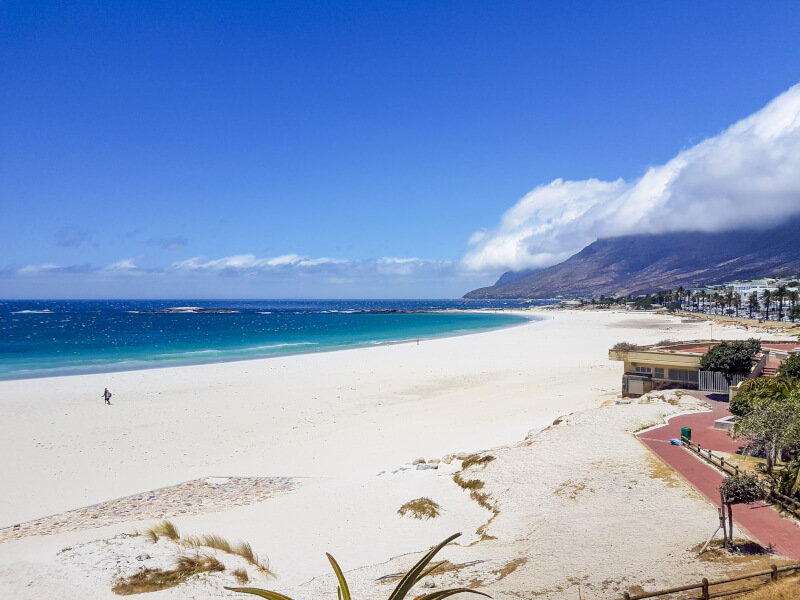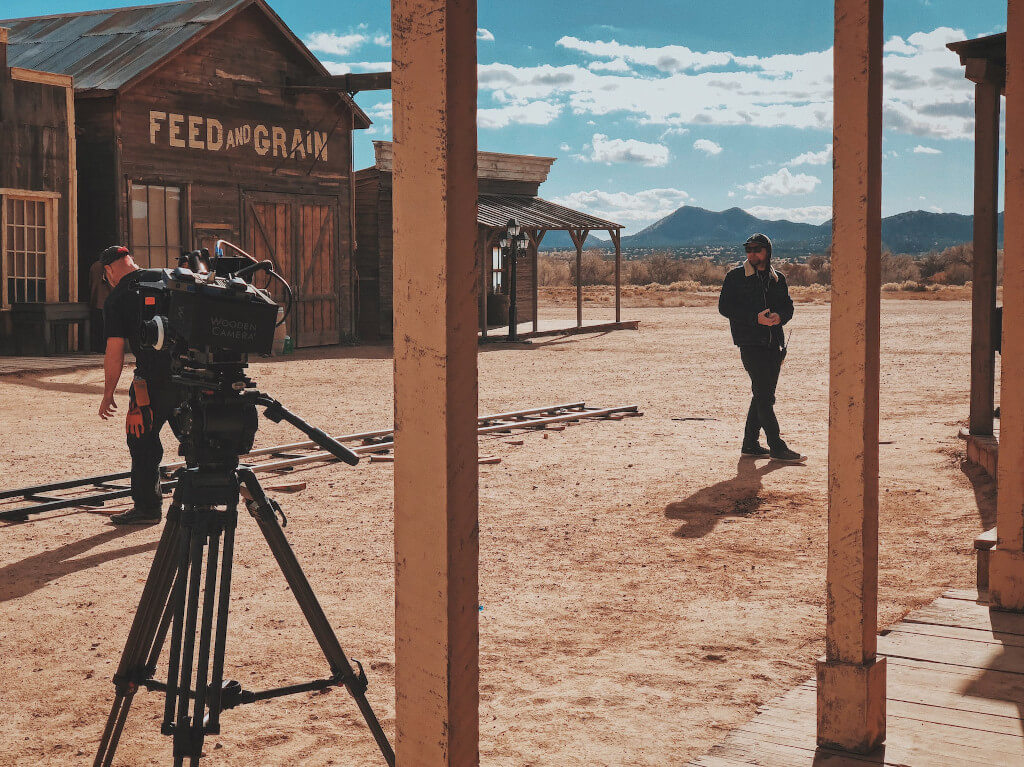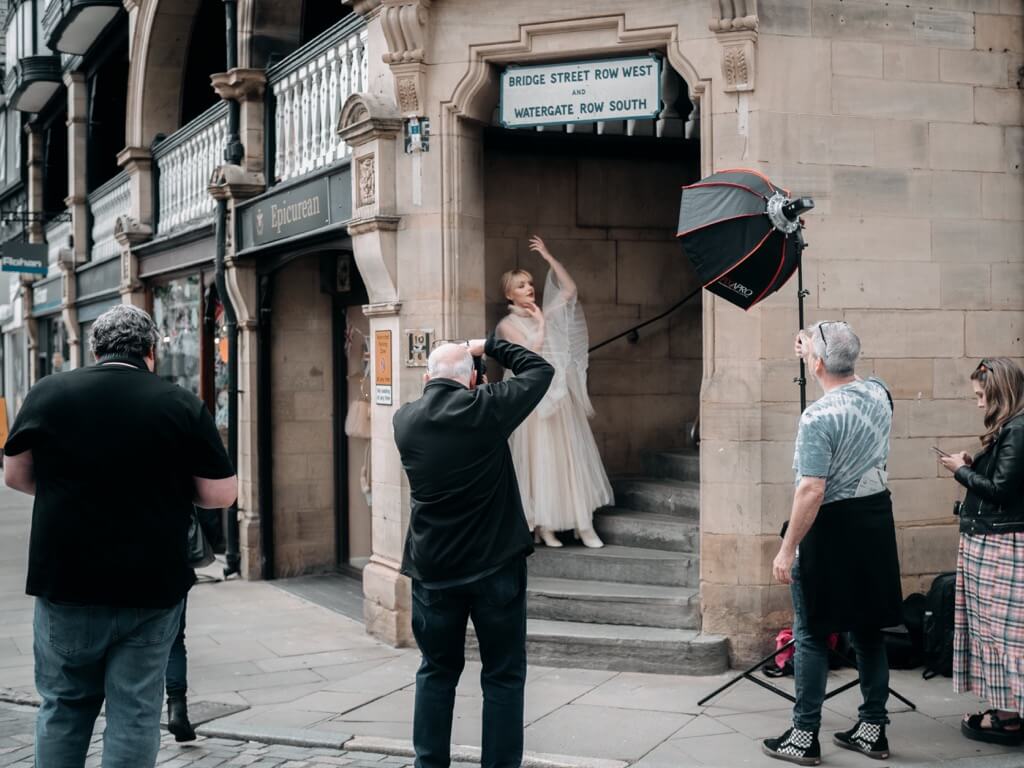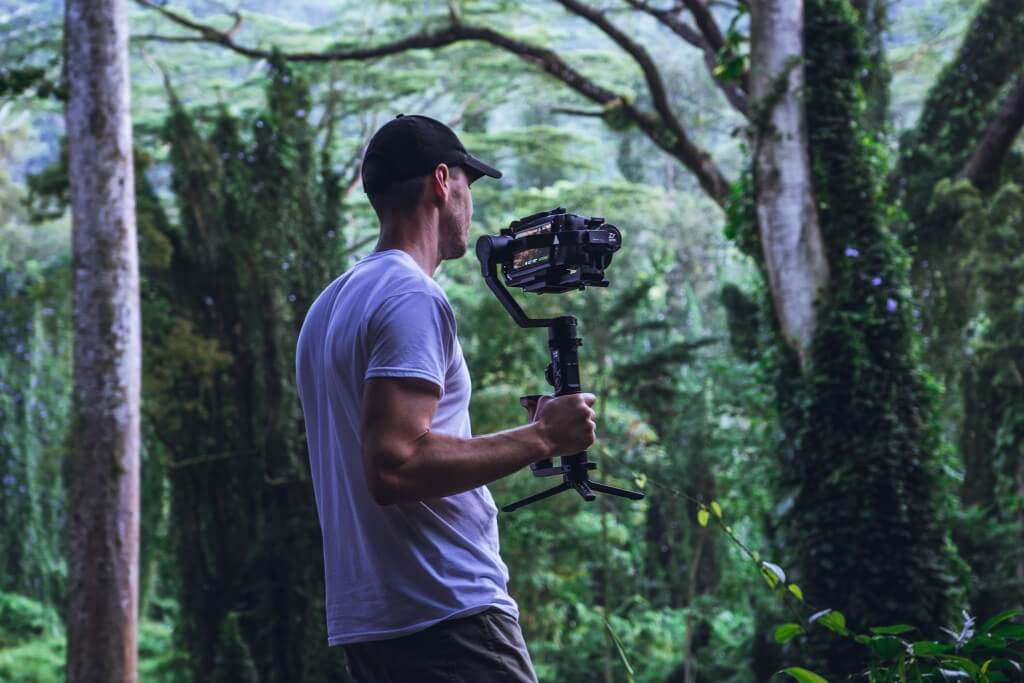Welcome to our investigation of Cape Town’s viability as a filming location throughout the seasons. Cape Town, South Africa is a highly sought-after location for filming due to its diversified landscapes and dynamic climate, earning it the nickname “Mother City” among filmmakers. In this article, we’ll try to scratch the surface of what makes this city special by exploring how the changing seasons contribute to its appeal and how filmmakers might take advantage of these intricacies.
You can expect to learn about the pros and cons of filming in Cape Town at different times of the year, practical tips for adapting to the different seasons, and insightful case studies from successful productions, whether you’re a seasoned film producer, a budding director, or just a film enthusiast. Our tour of Cape Town’s filming seasons begins here, and it’s here that you’ll find the inspiration and tools you need to make your next, or first, film in this beautiful city.
The Appeal of Cape Town as a Filmmaking Location
Cape Town’s appeal as a filming location stems from a plethora of one-of-a-kind features. The city’s wonderfully varied landscapes, from steep mountain, ranges to tranquil beaches to lush vineyards to parched desert-like places, give the perfect backdrop for nearly any scene, negating the need for expensive set constructions or CGI. The cityscapes are just as captivating, with a stunning variety of old and contemporary buildings, bustling markets, and charming neighbourhoods like the colourful Bo-Kaap and hip Woodstock.
But what makes Cape Town truly unique is its ability to transform itself into any one of several other cities around the world. The urban and natural features of the city can stand in for areas like California, Australia, or the Mediterranean, saving productions money while meeting their location needs.
The Weather in Cape Town Also Contributes Greatly to the City’s Allure as a Filming Location
The city provides extra time for filming because it has more than 3,100 hours of sunshine every year. Each of the four seasons brings its unique mix of climatic and illuminative circumstances to each given place. Filmmakers can make use of the distinct visual flavour that each season delivers, from the warm tones of summer to the dark, dramatic lighting of winter.
Last but not least, Cape Town is an aesthetically appealing and logistically possible place for film production thanks to the thriving local film industry, which is filled with professional crews, top-tier equipment, and supportive infrastructure.
The Influence of Cape Town’s Seasons on Production
A deeper dive into Cape Town’s weather is required to comprehend the changing of the seasons and their effects on filming. The city has a Mediterranean climate with four distinct seasons, each of which has its own set of advantages and difficulties for filming.
Cape Town’s summer (December–February) features long, sunny days with an average high of roughly 26 degrees Celsius. During this time, there are more hours of daylight available for shooting, and the golden hour provides the most pleasing light. South Easter, a strong wind common during these months, may make it difficult to record audio or move around with lightweight gear.
Temperatures and winds are mild from March to May, and the landscape begins to undergo a transformation that results in a rich pallet of colours. During this time of year, the light is softer and more diffuse, giving the footage a distinct look.
Green and lush vegetation thrives during the winter months of June through August due to the colder temperatures and consistent rainfall. Even though rain might put a damper on production, the cloudy skies make for pleasant lighting, and the landscape after a downpour can be rather stunning. Because of the city’s international appeal during the summer months, when shoot schedules can typically go uninterrupted, Cape Town production companies consider the winter months to be their “off” or “low” season.
The months of September through November, known as “spring,” are characterised by lush greenery and a profusion of colourful wildflowers, especially along the West Coast. The weather is mild and pleasant, and the return of extended daylight hours at the end of spring is a bonus.
Overall, Cape Town’s changing seasons have an impact on filming sites, schedules, and even story and style. Filmmakers can better plan and execute their productions in this diverse metropolis if they have a firm grasp of these seasonal peculiarities.
Making Seasonal Adjustments to Filming

Filming in Cape Town throughout the year necessitates careful planning and an intimate familiarity with the city’s environment and landscape.
Make Use of the Longer Shooting Days That Are Possible in the Summer
If you’re looking for gentler light, photograph in the early morning or late afternoon. Windbreakers and avoiding exposed areas can help you weather the South Easterly winds. At this time of year, the scenery at the beaches, wineries, and mountain routes is stunning.
With fewer people around and warmer lighting, urban areas are ideal for filming in the autumn. The ever-changing plant life provides a richer colour pallet that can be used to enhance your compositions. In addition, the pleasant temperatures make this a great season for shooting outdoors, whether in an urban or rural area.
In the Winter, Rain Could Cause Delays, So Be Sure to Account for That
When filming in the winter, indoor or roofed outdoor settings should be considered. If you want to take pictures of the rain-drenched countryside looking lush and green or of the spectacular sky after a storm, be prepared to shoot quickly when the clouds split. Scenes that benefit from diffused light can make use of softer lighting conditions.
When winter’s green gives way to summer’s golden colours, we have the season of spring. Schedule your shoots for the West Coast during the flowering season. As evenings become longer, the golden hour becomes more of an option for shots that need warm, natural light.
Always be prepared for the unexpected by monitoring weather forecasts and having a backup plan in place. Keeping your shooting schedule malleable will let you seize the moment when the lighting and weather are just right for your shots. If you can learn to embrace the changing seasons of Cape Town, rather than fighting them, your film will turn out better than ever.
Seasonal Permitting and Regulatory Manoeuvring
When it comes to filming in Cape Town, the permitting and compliance processes are very identical regardless of the time of year. However, there are time-sensitive considerations that need your attention.
Planning is essential for any time of year because it might take up to 14 business days to secure a film permit, especially for commercial productions. There may be limits on filming at some tourist hotspots or an increase in crowd size during the summer (December–February) and significant holidays. For instance, filming on public beaches during the summer can be difficult due to the large number of people there (both locals and visitors).
There may be further restrictions on shooting in areas prone to wildfires, such as the region’s many mountain ranges and nature reserves, during the fire season (usually December to April). As a result, you may need to get special authorization or take extra measures to ensure everyone’s safety if you want to employ smoke effects or open flames.
Make sure you are aware of any shooting limitations or licenses you may need before beginning. If you want to make sure everything goes smoothly, it’s a good idea to get in touch with a local production firm or the city’s film office. Remember that staying within the law and having open communication with local authorities can help your shoot go off without a hitch.
Time to Start Making Movies in Cape Town Is the Season of Summer
Cape Town’s beauty and flexibility make it an ideal location for filming throughout the year. Beautiful beaches, towering mountains, and bustling cities are just some of the settings that could be used to tell a story. This geographical diversity, in addition to the city’s chameleon-like capacity to resemble any number of foreign places, affords filmmakers virtually limitless inspiration.
Taking into account the city’s seasonal changes during production might improve visual storytelling. Different visual experiences can be crafted by taking advantage of the weather and lighting that each season delivers. In addition, knowing how to obtain the necessary permits and comply with regulations is crucial for running an efficient manufacturing facility.
You should consider several aspects when arranging a shoot in Cape Town, and we hope our guide has given you a good overview of them and inspired you to visit this great city.
Helpful Materials
- The Cape Town Film Office is the place to go to learn about filming regulations, locations, and permits in Cape Town.
- WeatherSA is a helpful app for keeping tabs on the weather in your area.
- YLO Productions is a Houston-based company that provides comprehensive production services, from pre-production planning to help clients comply with applicable ordinances.
Get started on your Cape Town film adventure right now and find out what stories are just waiting to be told in this dynamic and adaptable metropolis.





